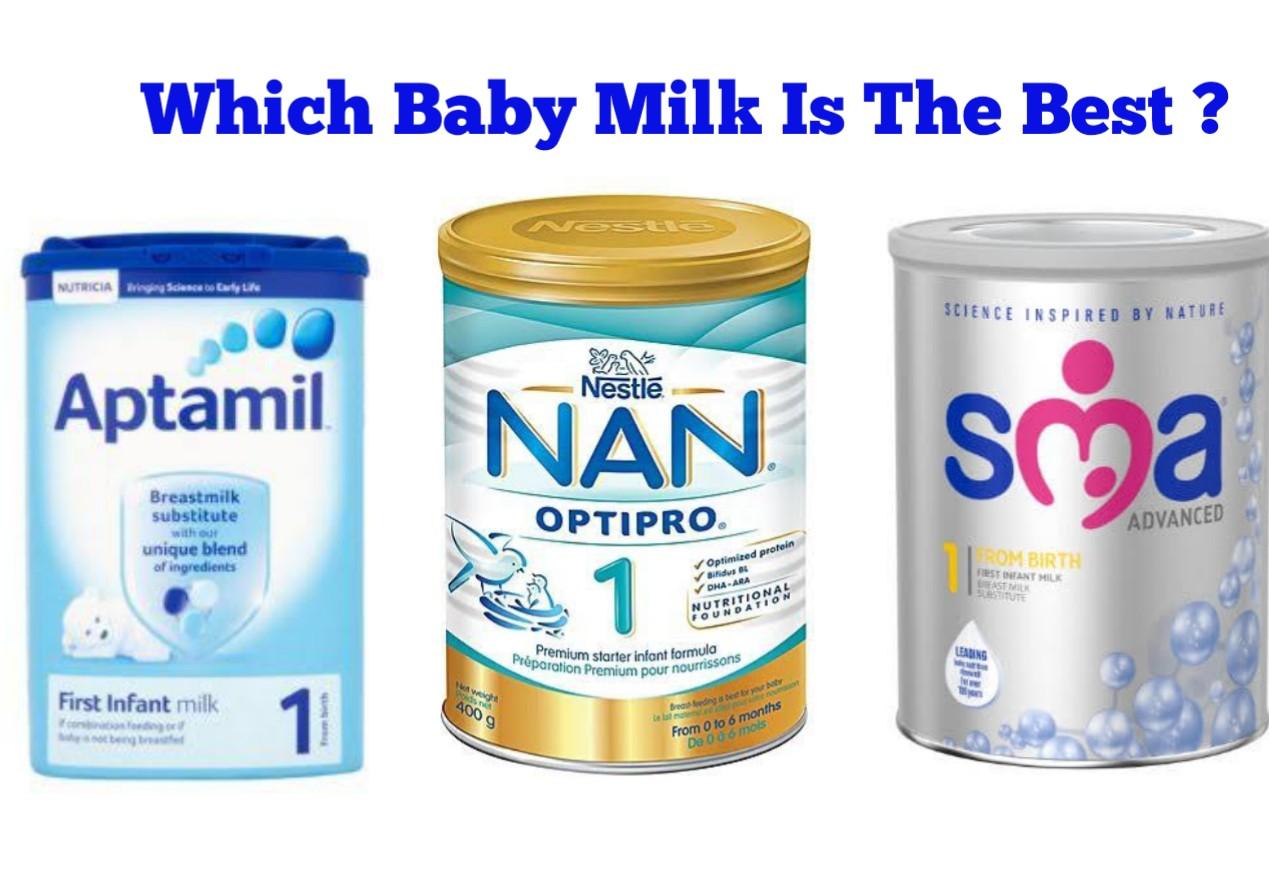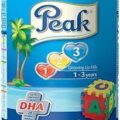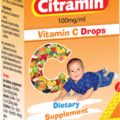According to the World Health Organization, and safety and UNICEF, MILK is one of the most important food for growing children in their first 1000 days even up to 5 to 10 years old. Milk is high in calories, which helps to fuel your baby’s rapid growth and development. Breastmilk also contains essential fatty acids called DHAs, which have been linked to brain function and higher IQ. Many formula milks have these fats added.
Milk isn’t just a way of helping your little one gain nutrients; it’s also important for keeping her hydrated, which helps to keep her healthy and energized. Plus it’s a good source of comfort, too – many tots enjoy a breastfeed or bottle of milk as part of a soothing bedtime routine, or if they’re feeling unwell. Milk contains lots of nutrients that are essential for growing babies and children. These include:
- Calcium, needed for strong bones and teeth.
- Protein, for growth and energy.
- Vitamin A, for eyesight and immune function.
- Vitamin B12, for production of healthy cells.
- Iodine, to regulate the metabolism.
- Magnesium, for muscle function.
- Phosphorus, for energy release.
How much milk does your child need?
Before six months, all of your baby’s nutrients will come from milk alone. Beyond six months, solids start to play a part in supplementing the calories, vitamins and minerals provided by milk, although your baby will still get the bulk of her nutrients from milk until she’s one.
Best Milk For Babies In Nigeria
Breast milk. According to the World Health Organization, breast milk is the ideal food for newborns and infants. It gives infants all the nutrients they need for healthy development. It is safe and contains antibodies that help protect infants from common childhood illnesses such as diarrhoea and pneumonia, the two primary causes of child mortality worldwide. Breastfeeding has also been arguably said to make babies’ brain develop faster because of the major nutrients; Whey protein and Casein and others. Breast milk is readily available and affordable, which helps to ensure that infants get adequate nutrition.
Beyond the immediate benefits for children, breastfeeding contributes to a lifetime of good health. Adolescents and adults who were breastfed as babies are less likely to be overweight or obese. They are less likely to have type-II diabetes and perform better in intelligence tests.
Baby Formula
Apart from breastmilk which is the best milk for your baby from birth, the only other milk that you can give your baby is formula milk (also called baby formula). This type of milk is specially formulated for babies from birth to twelve months and no other type of milk should be given to your baby during this time as a feed.
Cow’s milk (ie, our normal powdered milk or any whole liquid milk) should never be given to babies until they are one year of age. The reasons for this are as follows;
- Cow’s milk contains a high amount of protein and minerals which are difficult for babies to digest and it therefore can overwork their maturing kidneys. This can cause severe illness, fever and diarrhoea.
- Cow’s milk does not contain the right amount of nutrients including vitamin c and iron for babies.
- The protein in cow’s milk can cause some irritation in the stomach lining of a baby’s digestive system, thus leading to blood in the stool.
- Cow’s milk also lacks the healthiest types of fat for growing babies.
You can however cook baby’s food from 6 months with cow milk but never ever give it as a drink. Formula milk is made from cow’s milk which has specially been treated to make it digestible for babies. They provide the nutrients that babies need to grow and develop well, thus making it almost perfect but not exactly like breast milk which can protect baby from some diseases.
Most formulas are enriched with Vitamin D, an essential nutrient not present in breastmilk; which is why it is advisable to introduce formula and iron-rich foods like grains and selected vegetables from 6 months. It is important to note that some formula are not easily digested like breastmilk, so mothers should watch out for signs of indigestion after introducing formula to a child. Water should be given to babies as soon as they begin formula and solids.
Top Milk Brands for babies in Nigeria
Baby formula contains a variety of fats, carbohydrates, sodium, vitamins, minerals, water and other nutrients similar to those found in breast milk. While the foundations are usually roughly the same, there are a handful of different types of baby formula to choose from in Nigeria they include:
Hydrolyzed baby formula. Also called protein hydrolysate–based formula or predigested formula, these formulas contain broken-down (or “predigested”) amino acids, making them easier for babies to digest. Talk to your baby’s pediatrician before switching to a hydrolyzed formula; they tend to be more expensive and may not be necessary for your little one unless he/she is allergy-prone. In Nigeria, you should consider NAN 1 a premium specially treated (partially hydrolyzed) starter infant formula that is easy to digest.
Milk-based baby formula. Although babies under 12 months shouldn’t drink cow’s milk, milk-based baby formulas have been modified for little ones. This type of baby formula works well for the majority of babies, 80 percent of the formula on the market today is cow’s milk-based, according to the American Academy of Pediatrics (AAP). If your baby is sensitive to lactose, however, you might need to switch to a “sensitive” variation or lactose-free formula. In Nigeria you can consider brands like SMA advanced, an Infant Milk Powder and a nutritionally complete breast milk substitute.
Organic baby formula. Organic baby formulas are usually milk-based but produced without pesticides, herbicides, antibiotics or growth hormones. Some (but not all) organic formulas are sweetened with sucrose, however, so it’s a good idea to carefully check the labels and run the brand by your pediatrician to make sure it won’t lead to later problems like tooth decay. Examples include SMA organic infant milk , Earth’s Best Organic and Baby’s only organic.
Soy-based baby formula. This formula is derived from soybeans and supplemented with vitamins and nutrients. However, the APP recommends that soy-based formula only be used in a few situations, such as if your baby is intolerant to galactose.
Special formula. Some babies may require special formulas, such as preemies, babies with low birth weight or those with an allergy to lactose. Speak to your doctor before switching to a special formula.
Verdict
Based on anecdotal evidence, the best formula milk for baby 0-6 months in Nigeria is NAN 1, most babies in Nigeria seem to prefer this infant formula that is made by Nestle. Some parents had complains about constipation and eczematous skin while using SMA.
How to Choose the Best Baby Formula In Nigeria
Your baby’s doctor should suggest a formula that’s right for your little one. Most doctors recommend that babies drink one made from cow’s milk. Most formulas available today are made from that. If a baby has a milk allergy or the formula doesn’t agree with them, doctors may suggest formula made from soy milk.
Here are some factors to consider when selecting a baby formula:
- Age-appropriate: Different baby formulas are designed for different stages of an infant’s development. It is essential to choose a formula that is appropriate for the age of the baby, as the nutritional needs of infants change as they grow.
- Nutritional Composition: The nutritional composition of the formula is also an important consideration. The formula should provide all the necessary nutrients that the baby needs, such as carbohydrates, proteins, fats, vitamins, and minerals. Some formulas may also contain additional nutrients, such as probiotics or omega-3 fatty acids.
- Type of Formula: There are different types of baby formulas available, such as cow’s milk-based, soy-based, and hypoallergenic formulas. Cow’s milk-based formulas are the most common and are generally well-tolerated by most babies. Soy-based formulas are an option for babies who are allergic to cow’s milk or lactose intolerant. Hypoallergenic formulas are designed for babies with a higher risk of developing allergies.
- Brand Reputation: It is important to choose a baby formula from a reputable brand with a good track record of producing safe and high-quality products. Reading reviews and consulting with other parents can help you make an informed decision.
- Cost: Baby formula can be expensive, and the cost can vary widely between different brands and types. It is important to choose a formula that is within your budget while still meeting the nutritional needs of your baby.
- Availability: It is important to choose a formula that is readily available in Nigeria to avoid running out of formula unexpectedly. Check the availability of the formula in your local stores and online before making a decision.
- Doctor’s Recommendation: Finally, it is always a good idea to consult with a pediatrician or a healthcare professional before choosing a baby formula. They can help you choose a formula that is appropriate for your baby’s specific nutritional needs and health conditions.
SEE: 10 Good Food That Makes Baby “Fat” in Nigeria






